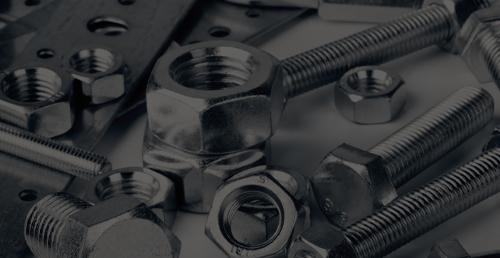Exploring the Advantages and Applications of Full Thread Bars in Construction
Understanding Full Thread Bars Applications and Benefits
Full thread bars are a critical component in the construction and manufacturing industries, playing a vital role in providing strength, stability, and flexibility in various applications. These bars are characterized by their fully threaded design, which allows them to distribute load evenly and facilitate secure anchoring in a range of materials, including concrete and masonry. In this article, we will explore the characteristics, applications, and advantages of full thread bars.
What Are Full Thread Bars?
Full thread bars are high-strength deformed steel rods that are fully threaded along their length. This threading enhances their gripping capacity in different materials, making them an ideal choice for various construction needs. Typically made from steel, they come in various diameters and lengths to accommodate different structural requirements. The full threading design allows for better load distribution and makes it easier to achieve secure connections with nuts, bolts, and other fastening systems.
Applications of Full Thread Bars
1. Construction and Civil Engineering Full thread bars are commonly used in the construction of high-rise buildings, bridges, and tunnels. Their ability to provide reliable tension and compression makes them suitable for anchoring structural elements and reinforcing concrete sections.
2. Ground Engineering In geotechnical applications, full thread bars are employed for rock anchoring and soil stabilization. They are used to secure slopes and retain earth structures, mitigating the risk of landslides and erosion.
3. Precast Concrete Full thread bars are integral in precast concrete applications. Their threaded ends allow for easy connections between precast elements and facilitate post-tensioning, enhancing the overall strength and durability of the structures.
4. Industrial Machinery In the manufacturing sector, full thread bars are utilized in heavy machinery and equipment assembly. Their robust design ensures stability and reliability under high-stress conditions, making them essential for industries such as oil and gas, mining, and automotive.
full thread bar

Advantages of Full Thread Bars
- Enhanced Load Distribution The fully threaded design allows for better load transfer, ensuring that stress is evenly distributed along the length of the bar. This feature is crucial in applications where stability is paramount.
- Ease of Installation Full thread bars can be easily cut and shaped to fit specific designs and requirements. Their compatibility with standard nuts and washers simplifies the installation process.
- Improved Flexibility These bars can accommodate various structural configurations and adapt to changes in design or loads. This flexibility makes them a preferred choice for engineers and architects.
- Corrosion Resistance Many full thread bars are treated with protective coatings, such as galvanization or epoxy, providing resistance against corrosion and extending their lifespan, especially in harsh environments.
- Cost-Effectiveness While the initial cost might be higher than non-threaded bars, the benefits associated with full thread bars—including their strength, durability, and reduced need for maintenance—make them a cost-effective solution in the long run.
Conclusion
Full thread bars play an essential role in modern construction and engineering practices. Their unique design, which promotes efficient load distribution, flexibility, and ease of installation, makes them invaluable for various applications. As the construction industry continues to evolve, the functionality and versatility of full thread bars will likely see increased demand, offering innovative solutions for contemporary challenges. Whether in civil engineering, industrial machinery, or specialized applications, understanding and utilizing full thread bars can enhance the structural integrity and longevity of construction projects.
-
Weatherproof Plastic Expansion Anchors for OutdoorNewsJun.06,2025
-
Sustainability in the Supply Chain: Eco-Friendly TEK Screws ProductionNewsJun.06,2025
-
Load-Bearing Capacity of External Insulation FixingsNewsJun.06,2025
-
Double Head Bolts: Enhancing Efficiency in Industrial MachineryNewsJun.06,2025
-
Corrosion Resistance in Chipboard Screws: Coatings for Wholesale DurabilityNewsJun.06,2025
-
Butterfly Toggle Bolts : Enhancing Structural ResilienceNewsJun.06,2025
